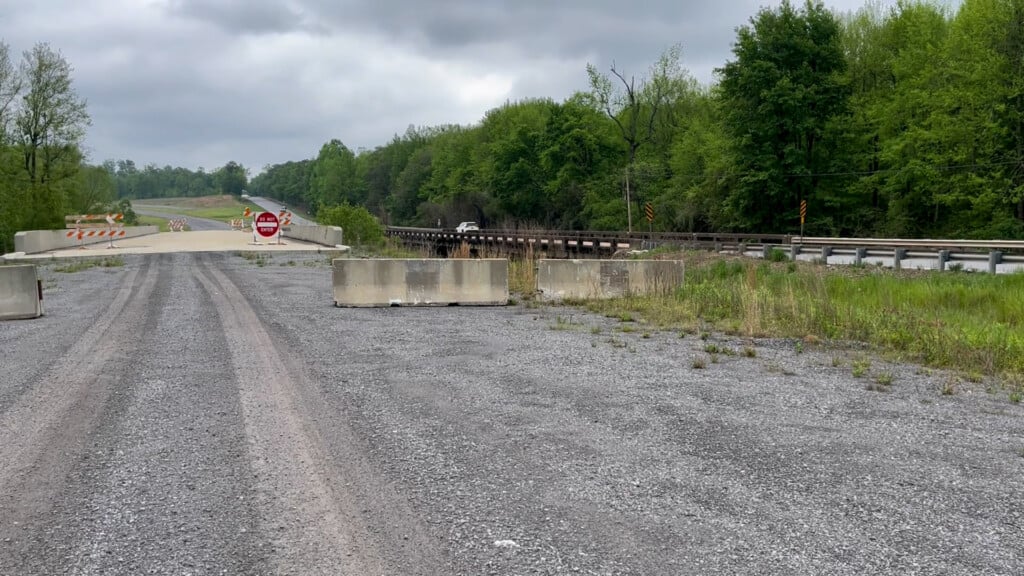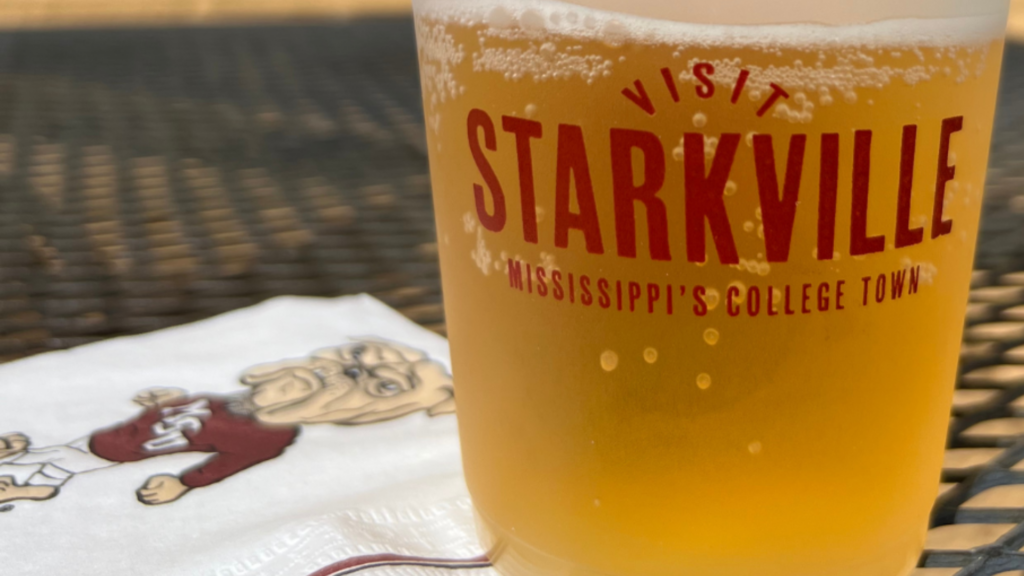National health crisis affecting those in the Magnolia State
COLUMBUS, MISS. (WCBI) -It is a national health crisis. And one that touches most families in Mississippi.
Opioids are narcotics – a prescription pain killer used to treat everything from severe back pain to cancer. Most people only need to look at close as their medicine cabinet to find one of Mississippi’s biggest health challenges.
Opioids are highly addictive. That means it doesn’t take long and it doesn’t take much.
But pharmacists, doctors, and counselors are working to change the way people get the drugs.
“And then all of a sudden, the pills are not enough, and you’re gonna want heroin, and then now all of sudden you don’t know how much to give yourself, and you wake up dead of an overdose,” Director of Pharmacy Ben Hughes said.
Everyone knows an addict — someone who relies on pain killers – and can’t stop.
Some people get their drugs on the street — others from the medicine cabinet.
Think about knowing 100 people who go to the doctor.
Drugabuse.gov reported that just two years ago, providers in Mississippi wrote nearly 93 of those people opioid prescriptions.
In September, the Mississippi Board of Pharmacy changed its regulations.
“They basically recommended no more than a three day supply and then you, but if you could justify a seven day supply, you could do that,” said Hughes.
The rules are in place to prevent people with new injuries from getting hooked on pain meds.
There are a few exceptions to the new rules, as well.
“There are particular folks that have a chronic pain diagnosis; maybe they have cancer-related pain, they can get an exception for that.”
So. It’s complicated.
“I know that’s one of the methods that they’re trying to do is essentially decrease the amount of opioids people can get, which sounds like a really good idea in practice, but it is such a complex issue,” Kenan Wald said.
Director of alcohol and drug services for community counseling services Kenan Wald does not believe that access all of the issues.
“You know, if addiction were only tied to access, then I mean, frankly, the drug war would have worked, right,” Wald said.
Still, the state department of health hopes their Prescription Monitoring Program will identify possible abusers – and the new rules from the pharmacy board will keep pain medication from wide circulation.
If you or a loved one is struggling with Opioid addiction, visit our website for more on how to get treatment.
You can call (844) 728-4929 for more information on how to get help.





Leave a Reply